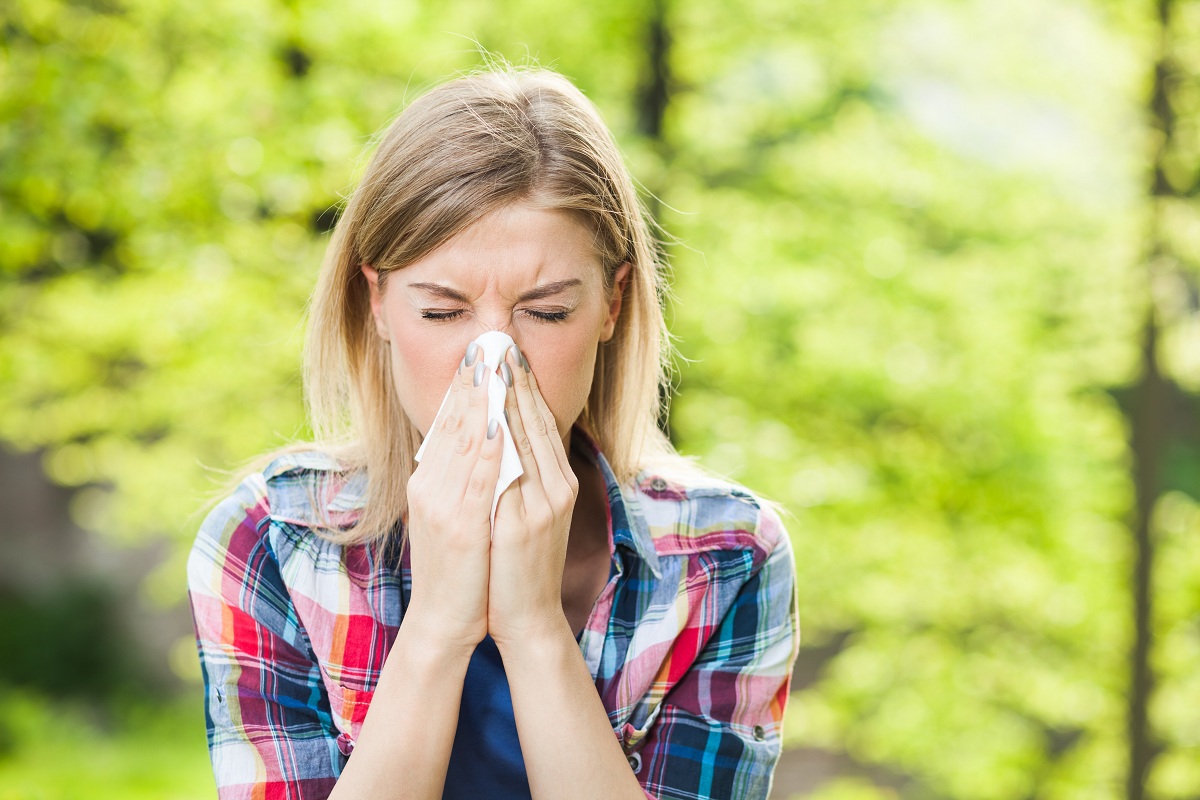All seasons have their own pros and cons. A lot of people love the summer because of school vacations and beach days. On the other hand, some people don’t like the sweltering heat it brings. Winter is also a divisive season. Some like the snow and cold weather but others don’t like shoveling every few days and wearing several layers of clothing.
Spring is typically one of the more temperate seasons. It’s not too chilly or too warm. The problem is that it’s also the start of allergy season for a large part of the population. In fact, figures show that more than 20 million Americans experience hay fever which is prevalent during spring. You may think that it’s only limited outdoors but pollen can also get inside your home. On the bright side, there are a few ways you can prepare your house for allergy season. Here’s how:
Wash Your Washing Machine
Pollen is tricky. It’s released by trees and plants during spring and summer which makes it hard to avoid. Even if you spend a short time outdoors, it can cling on your clothes and trigger your allergies at home. The good news is that you can easily remove it by washing your clothes but the work doesn’t end there. You should hire dryer vent cleaning services and clothes washer repair experts regularly.
Because pollen may have been removed from your shirts and pants, but some are stuck in your machines. If you let it go for too long, it can accumulate and get worse. It won’t just trigger but even start a fire. According to the U.S. Fire Administration, there are around 3,000 dryer-related fires every year. Cleaning will also lead to longer shelf life and prevent your clothes from smelling like mold.
Maintain Your HVAC System
 HVAC systems are essential machines no matter the season. With a push of a button, you can make your house a haven from the inclement weather outside. It’s so efficient that it’s easy to forget that it needs to be maintained as well. Otherwise, it can actually make your allergies worse when you’re inside your house. Just like a washing machine, mold, dust, and other allergens can pile up inside the system and release it through the air. Instead of making your house feel more comfortable, you end up sneezing and coughing at home.
HVAC systems are essential machines no matter the season. With a push of a button, you can make your house a haven from the inclement weather outside. It’s so efficient that it’s easy to forget that it needs to be maintained as well. Otherwise, it can actually make your allergies worse when you’re inside your house. Just like a washing machine, mold, dust, and other allergens can pile up inside the system and release it through the air. Instead of making your house feel more comfortable, you end up sneezing and coughing at home.
The good news is that you can do some work yourself. Follow the manual of your HVAC system and make sure to change the filters every quarter. You can also wipe down the coils of the air conditioner. If you see or smell mold or mildew, it’s best to hire a professional service to get to the bottom of the issue. They can inspect the entire system to find and fix any leaks that could be the source of the problem.
Vacuum Frequently
It’s not only pollen or mold that can trigger allergies. Dust mites can cause you to have a runny nose or an itchy throat as well. In fact, figures from the Asthma and Allergy Foundation of America show that these creatures are the most common causes of year-round allergies. The worst part is that they can be found virtually anywhere. They can survive in various temperatures so it’s hard to get rid of them completely.
But there is a way to limit and control them so you’re not constantly sneezing at home. Dust mites are attracted to warm and moist conditions. You can use a dehumidifier or air conditioner to keep the humidity low inside. You can also keep your windows open a few hours a day. If you have carpet and mats, make sure to vacuum often and thoroughly. Use a high-efficiency particulate air filter to prevent dust emissions.
Pet the Dog Properly
Allergies and animals don’t mix. Feathers and fur can trigger different allergic reactions. According to Harvard Health, you don’t have to give up your pet if you discover you’re allergic. Instead, you can take precautions, so you’ll limit any reactions. You shouldn’t just bathe your pet but also their things. Wash their bed, toys, and other accessories regularly. You should also prevent them from staying in your room so pet dander won’t stick to your bed or pillows. Make it a habit to wash your hands each time you pet them.
Allergies are complicated. Various allergens can cause people to react differently. The best way to combat severe reactions is to take proper precautions. Whether it’s allergy season or not, you can ensure that you’ll feel comfortable at home.

